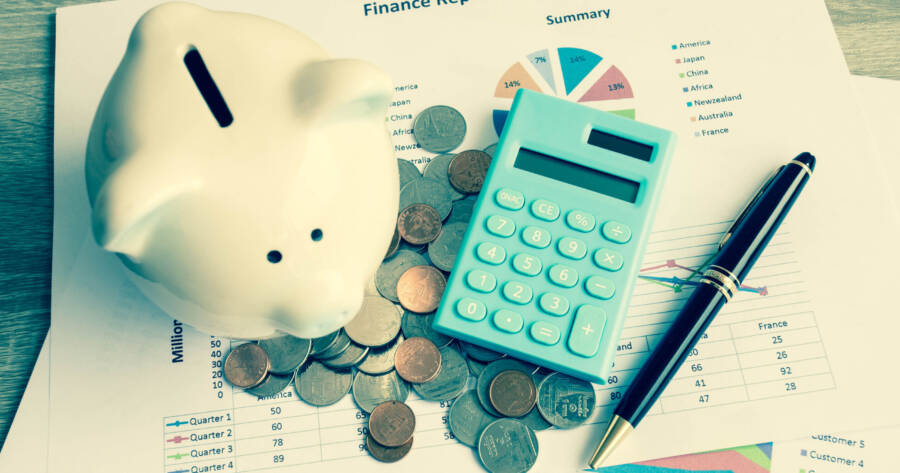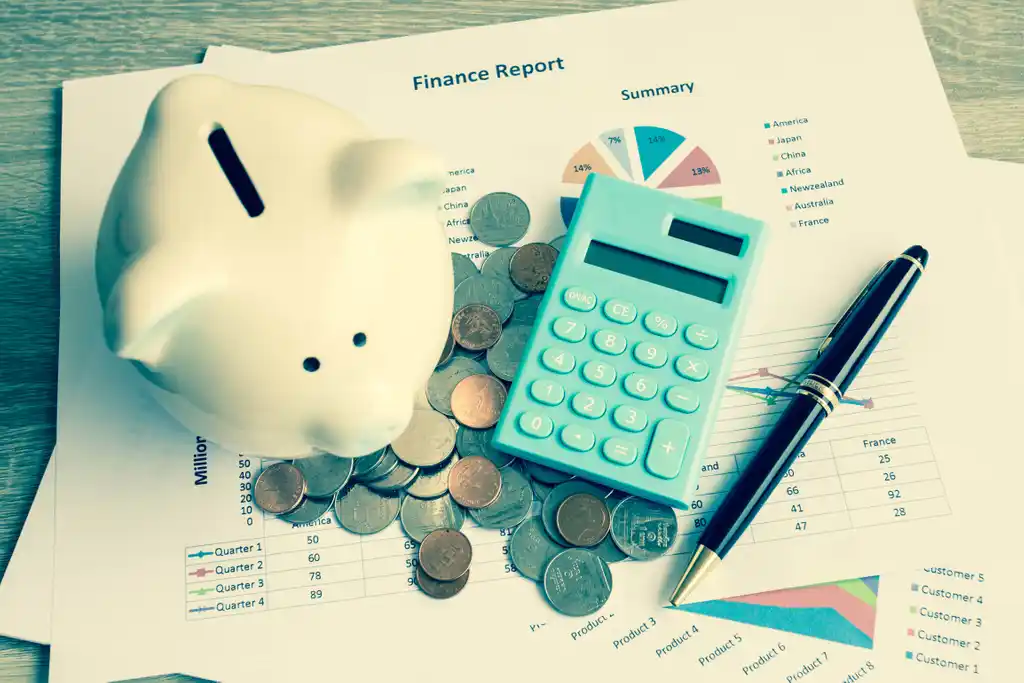Knowing where you stand is important. After all, you can’t improve your financial situation unless you understand exactly where you currently are. Having a good sense of your debt, savings, and expenditures — and how to improve in each area — will benefit you in the long run. However, most of us let things slide when it comes to our personal finances. We slowly rack up more debt, let our savings stagnate, and turn a blind eye as our spending increases. As a rule, you should each give yourself a financial tune up at least once a year. Every six months would be even better. For some of us, a tune up once a quarter might be advisable. Here are the items you should review and consider fine tuning when you do your personal finance checkup.
Insurance Coverage
It’s always a good idea to review your current insurance coverage to see if adjustments need to be made. The type of insurance (and how much coverage) you have is mostly dictated by your lifestyle and the stage of life you are currently at. If your circumstances change, then chances are you will need to alter your insurance coverage too.
For example, maybe your children have grown up and left home. Since they are now supporting themselves financially, you may need less life insurance coverage. Or perhaps you’ve downsized to only one car instead of two. This would mean that you could cancel an automotive insurance policy.
Also, you should always keep an eye out for more affordable insurance options. You should never pay more than necessary for home, auto, or life insurance. Be sure to shop around! Do some searching online and see if there are any deals to be had. If you see an offer that will save you a few bucks for the same coverage, be sure to take it.
Investments
How has the stock market been performing lately? More importantly, how have your personal investments been doing? Taking time to review your investment portfolio is critically important – especially if you’re responsible for your own retirement. You should review your investments in stocks, bonds, and other securities at least once a month. You certainly don’t want to go longer than a quarter without reviewing your portfolio. As you do, make adjustments as needed.
For example, are there gains that you should realize by selling a stock that has had a profitable run up? Should you adjust your portfolio by moving money out of a stagnant investment and into one that is rising? How are your overall returns? Is your current strategy working? Too many people put their investments on autopilot and adopt a “set it and forget it” mentality. Then they wonder why they don’t have more money after retirement. Do yourself a favor and keep an eye on your investments.
Cash Savings/Emergency Fund
In addition to investments, we should all have some cash savings set aside in the event of an emergency. such as a job loss or unexpected large expense. This emergency fund can be a big help on a rainy day. Most financial experts recommend you have three-to-six months salary banked in cash to carry us through an emergency. We are well aware that it’s a hard goal to achieve for many who are living week to week. Even still, it’s an important financial tool.
So how is your emergency fund doing? Does it have enough money in it? Was it diminished by that flat tire you had to replace six weeks ago? Have you raided the fund for any other reasons? Be sure to assess your cash savings and know where you stand. If needed, plan to set aside more money each month to rebuild your emergency fund.
If you are super diligent, you may find you have more money set aside then you are likely to need. In that case, redirect some of that cash. Add it to your investments or use it to pay off debt. Your emergency fund should always be at an optimal level but no higher.
Credit Score
You may not think about your credit score very often. However, it’s important factor in your finances. It will help determine things like the interest rates and terms of a loan you apply for. Or even if you qualify for a loan at all. Having a poor credit score can hurt you financially. The higher your credit score, the more favorable terms you’ll receive. That usually means paying less interest too.
Be sure to pull your credit score every once in a while, to see where you stand. Your credit report will not only show you a three-digit credit score, it also explains how you arrived at that particular score. The report shows details like how much money you owe creditors, recent credit inquiries made about you, and if you have any unpaid debts that have gone into collections.
Review your credit report for any inconsistencies. If you find anything that is outdated or inaccurate, be sure and report it to the credit bureaus – Experian, Equifax and Transunion. Removing any inaccuracies can help to boost your credit score. Best of all, it is completely free to check your credit report. So there’s really no excuse not to order it on a regular basis. Remember that you can improve your credit score by paying down loans and credit cards, not adding to your debt, and paying bills on time.
Debt
Speaking of debt, how are you managing yours? Has your total debt load crept up in recent months? Has the balance on your credit cards grown? How is your debt repayment plan going? Managing your debt in a way that consistently lowers it is critically important. And the first step in achieving success in this area is to know where your debt stands.
If you find that your debt has been rising, you should make adjustments to free up more money to put towards paying it off. Concentrate on debt with the highest interest rates first, which are usually credit cards. Work to eliminate the debts you have, and try not to take on new debt. If you have multiple debts at high levels (and high interest rates), it may make sense to consolidate your debt. Ensure that you make consistent payments on your debt and always keep close track of it.
Expenditures
Perhaps as important as reviewing your debt is also reviewing your expenditures. Tracking exactly where your money is going will show you areas where you can scale back spending. It will also help you to reallocate money to priority areas such as investments, savings, and debt repayment.
Reviewing your expenditures may also show you some areas where you were overspending without realizing it. Perhaps you are paying for three streaming services, two of which you barely watch. It’s easy to lose track of your spending on a daily, weekly, or monthly basis. So be sure to take a breather and regroup on your expenditures on a regular basis. Take a look at where your money is going at the end of each month. Then take steps to eliminate any waste.
Budget
All of the above steps will come together into a larger budget. This is the number one component of any financial tune up. Having a budget to track money coming in and going out is key to staying on track. Without one, you’ll have a hard time reaching both short and long-term financial goals.
Using a budget will help you to prioritize where you spend money, cut back in certain areas when needed, and allocate funds to urgent needs — such as paying off debt or rebuilding cash savings. The important thing is to create an accurate budget and follow it throughout the month. Treat your budget as a living document and make changes as needed or when your circumstances change. Review the budget regularly and update it on a consistent basis. This is the best way to keep your financial house in tip top shape.
Shutterstock









